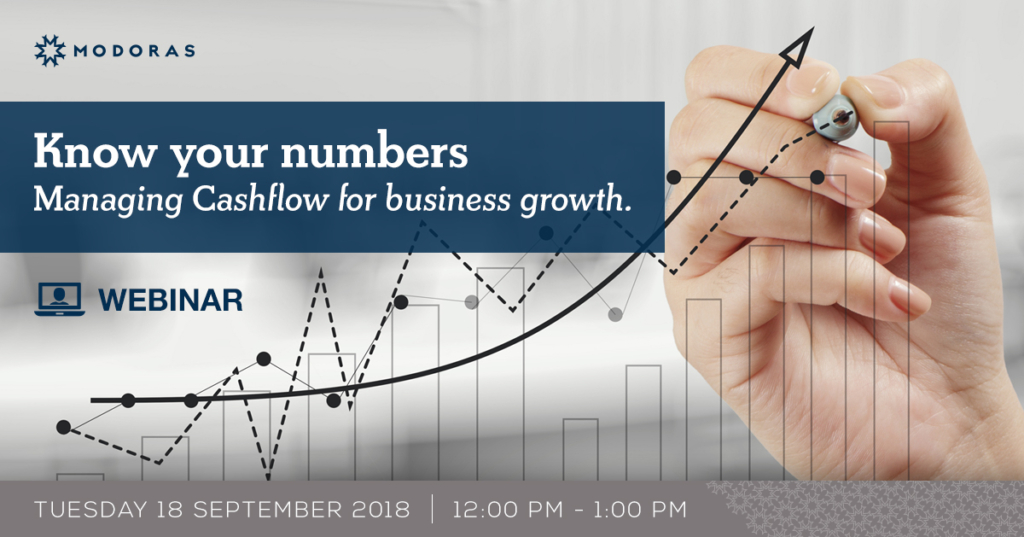Drawings vs Wages – What’s the best way to pay yourself
Congratulations! You have a successful business and now it’s time to start paying yourself for all your hard work. But you want to make sure that the way you make that payment is in the best interest of both you, and your business.
Whether you choose drawings or wages largely depends on your business structure, however it’s also important to consider the taxation implications and any other factors that may be relevant when dealing with income payments.
How Do Business Owners Get Paid?
Business structure plays a major role in considering how you as a business owner can get paid.
Firstly, in a structure such as a sole trader or partnership, the money the business earns is treated as your personal money for taxation purposes. This means that once your tax return has been lodged and the income and expenses for your business operation are assessed, you will pay tax on the net profit at your personal marginal tax rate.
Conversely, running a business using a company structure means you are under far stricter obligations in the way that money is distributed. The company is a legal entity and ‘owns’ all of the income generated, and the assets held within the business. There are specific rules around how business owners can get paid from companies. These rules are to eliminate tax avoidance.
Paying Yourself From A Company
There are a number of ways you can pay yourself from a company structure.
Director’s Fees or Salary
You will be paid a wage in your capacity as an employee of the company.
- Your wage will be a deductible expense for the company
- You will declare the income in your personal tax return and pay tax at your marginal tax rate
- The company will be required to meet the Superannuation Guarantee for your wage
- The company will need to include your income when calculating Workcover Insurance premiums
Director / Shareholder Loan
If you were to take drawings from a company – it would be classed as a loan or an unfranked dividend.
- If a complying loan agreement is in place, the payment will be treated as a Division 7a loan. You will need to make interest payments to the company over the agreed loan term.
- If there’s no complying loan agreement in place, it may be deemed an unfranked dividend and you’ll pay tax on the money at your marginal tax rate.
This is a highly legislated type of payment arrangement and there are many implications for the company involved. It’s best to seek the advice of an accountant prior to making these transactions.
Dividends
Dividends is another way you can be paid by your company. This is usually calculated from the profit available after tax.
- The company will pay tax on the amount prior to distribution
- You will include the income in your personal tax return however you’ll have the benefit of the 27.5% franking credit that reflects the tax paid by the company
- Depending on the amount of the dividend you may end up with an additional tax bill if your marginal tax rate is higher than 27.5%
- There is no obligation on you or the company to contribute to Super
Paying Yourself From A Partnership Or As A Sole Trader
In a sole trader or partnership structure, money taken from the business throughout the year is called drawings and is simply a distribution of the entity’s expected overall profit.
- You cannot pay wages to yourself from this business structure
- Drawings isn’t a tax-deductible expense for your business. It’s a distribution of profit
- You will pay tax on the overall profit at your marginal tax rate
- You’re not required to make any Superannuation Guarantee payments, but you may be able to claim a tax deduction if you decide to pay into super
Max Out The Income You Pay Yourself
If your business is already paying you an income, you’re probably also thinking about ways to improve profitability in your business to warrant a pay rise. We understand. You’ve got goals and plans outside your business and a pay rise could help you do the things you really want. But you also want to make sure your business doesn’t suffer financially. This is a great time to review your company structure and the way you treat income payments to make sure they’re continuing to serve the best interests of you and your business.
In an ideal world, we would all nail our business structure and financial processes from day one. But things change, and businesses evolve. What was the right option at a point in time, may not be into the future. Whether you’re at the start of your business journey, or you’ve been walking the road for a while – we’re here to help.
Income payments can be tricky as a small business owner, but it’s important to get it right. Speak to a Modoras Business Advisor today to determine which approach is best for your situation.
IMPORTANT INFORMATION: This blog has been prepared by Modoras Accounting (QLD) Pty. Ltd. ABN 81 601 145 215. The information and opinions contained in this blog is general information only and is not intended to represent specific personal advice (Accounting, taxation, financial, insurance or credit). No individuals’ personal circumstances have been taken into consideration for the preparation of this material. The information and opinions herein do not constitute any recommendation to purchase, sell or hold any particular financial product. Modoras Accounting (QLD) Pty. Ltd. recommends that no financial product or financial service be acquired or disposed of or financial strategy adopted without you first obtaining professional personal financial advice suitable and appropriate to your own personal needs, objectives, goals and circumstances. Information, forecasts and opinions contained in this blog can change without notice. Modoras Accounting (QLD) Pty. Ltd. does not guarantee the accuracy of the information at any particular time. Although care has been exercised in compiling the information contained within, Modoras Accounting (QLD) Pty. Ltd. does not warrant that the articles within are free from errors, inaccuracies or omissions. To the extent permissible by law, neither Modoras Accounting (QLD) Pty. Ltd. nor its employees, representatives or agents (including associated and affiliated companies) accept liability for loss or damages incurred as a result of a person acting in reliance of this publication. Liability limited by a scheme approved under Professional Standards Legislation.


